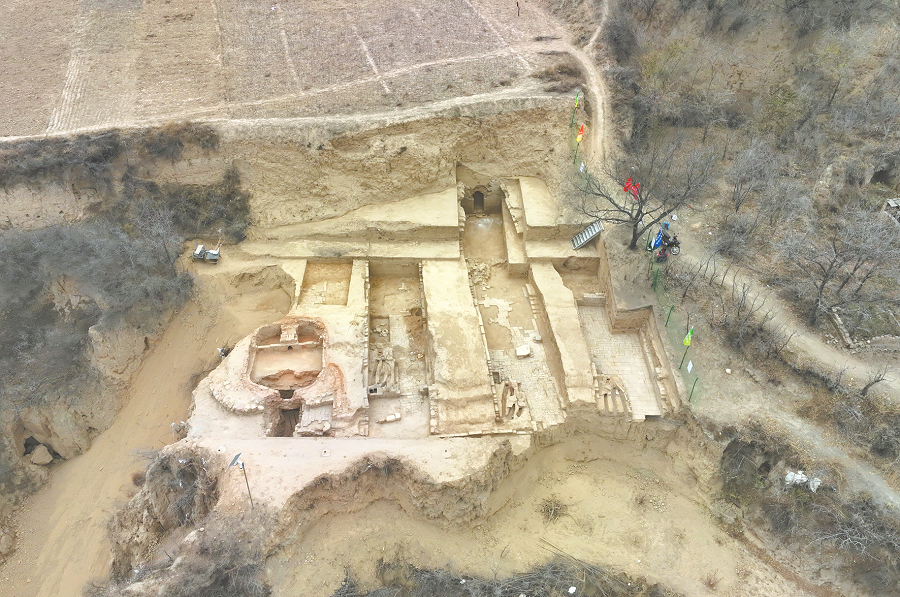

He reported it to the archaeologists working in the village and they discovered porcelain-making ruins such as a Jin Dynasty workshop, three Yuan Dynasty kilns, Ming Dynasty house and porcelain shards, marking Zheng's place as an important excavation site.
Archaeological work at Huozhou is ongoing and surveys showed that the site of the ancient Huozhou kiln complex may cover 25,000 square meters, with Chencun serving as a focal point, Liu said.
Recognizing the increasing cultural importance of the area, archaeologists and scholars also suggested setting up a national archaeological site park or a museum where visitors will have a chance to see how Huozhou kilns work and further experience traditional Chinese porcelain culture.